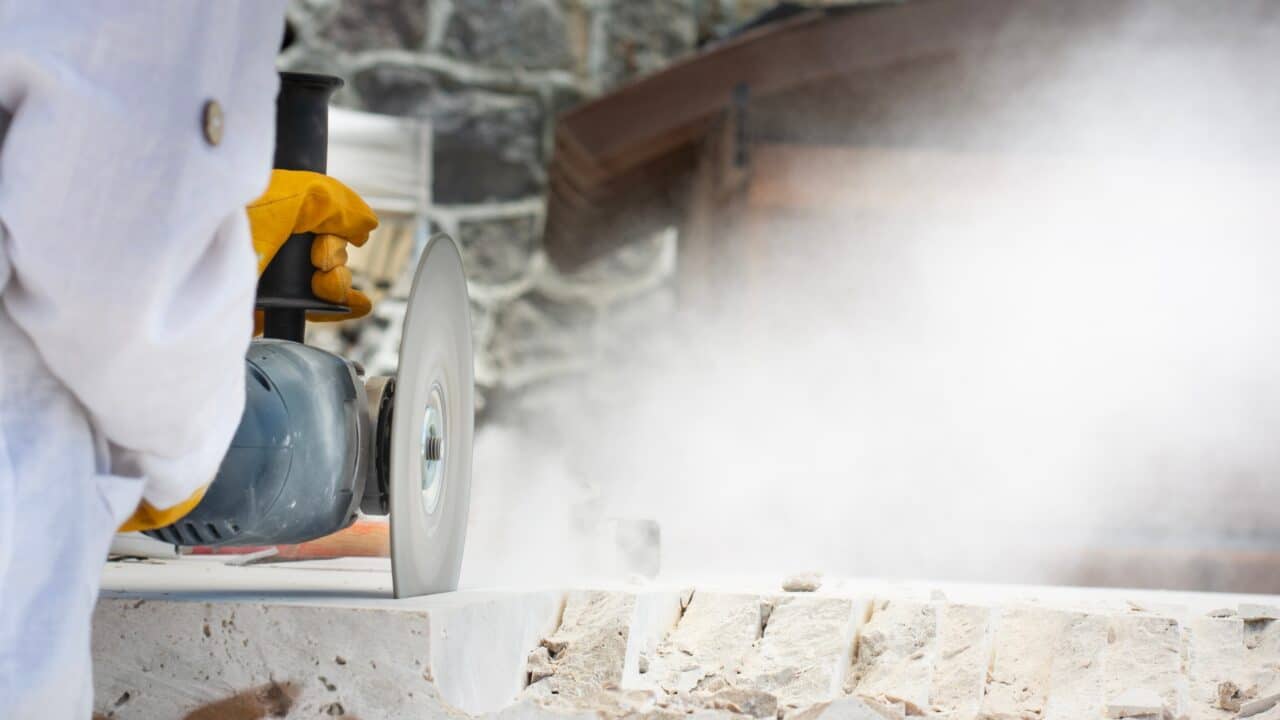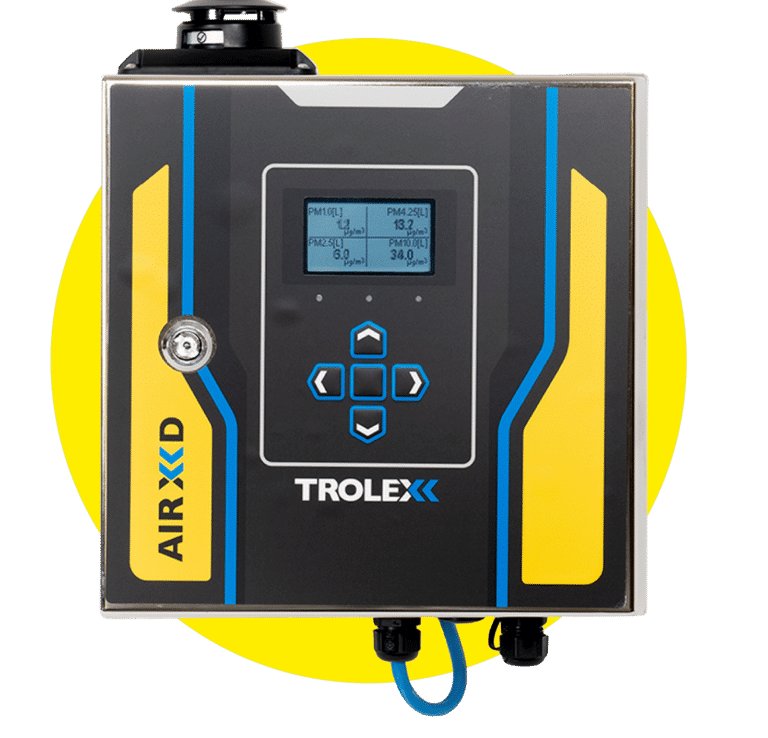Leading medical staff in the UK, writing for medical journal ‘Thorax’, are calling for industries and governing bodies to follow Australia’s new legislation and ban the use of engineered stone, commonly used for kitchen worktops.
It comes after cases of silicosis linked to engineered stone exposure recently came to light globally. Workers who have been exposed to engineered stone quartz and dust are now being affected by and diagnosed with severe lung problems, linked to inhaling such dust. Earlier in the year, it had prompted the Australian government to act and ban the use, manufacturing, and production of engineered stone across the entire country.
Now the UK is being urged to do the same, with the first cases of occupational silicosis related to engineered stone production have now been reported in the country. Various medical staff who have treated workers diagnosed with these cases of silicosis are calling for similar action to be taken in the UK as in Australia.

According to British newspaper i the first 8 cases of silicosis linked to engineered stone use have been confirmed, all of which are men. The average age of all 8 men is 34, with the youngest to be diagnosed just 27 years old. Of the 8 cases, 1 man has died, and 2 others have been referred for lung transplant assessments.
The article from i features an interview with one of the diagnosed workers, Malik al-Khalil, a stonemason who is just 31. After working with engineered stone for 5 years, Malik was diagnosis with silicosis, contracted after cutting engineered stone slabs in a small London workshop. Malik said, “I want to let all the people working in this work know what’s happening from this material” and believes the only solution to this growing problem is a nationwide ban of the product; “Of course [it should be banned] because the silicosis is coming from this material.”

It’s not just Malik and fellow diagnoses patients who are calling for engineered stone to be banned in the UK. Dr Johanna Feary, a respiratory consultant from the Royal Brompton Hospital where Malik al-Khalil is being treated, and lead author for ‘Thorax’, has also highlighted her concerns over exposed to the product. Dr Feary told i “We’ve been anticipating that we would start seeing cases in the UK at some point. That moment has arrived now.”
The team of doctors writing in ‘Thorax’, who highlighted the first 8 cases, have also called for a legal requirement to report cases of silicosis, as well as calling for the implementation of health and safety regulation for both small companies and national guidelines to treat and monitor for silicosis.
You can read the full article from i newspaper here.





